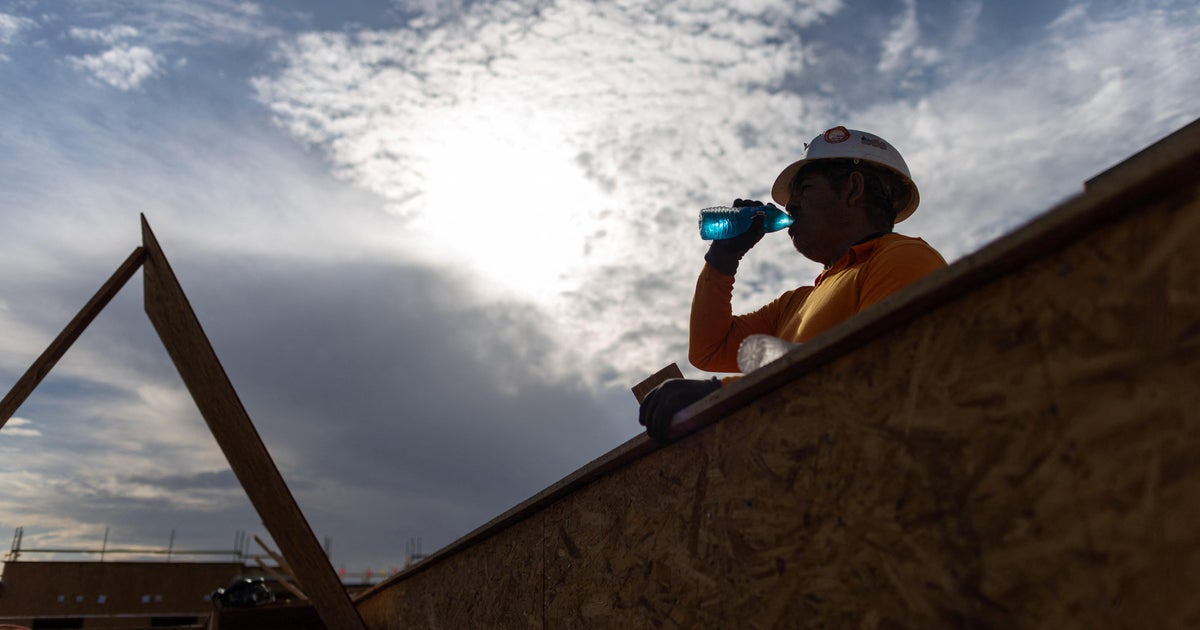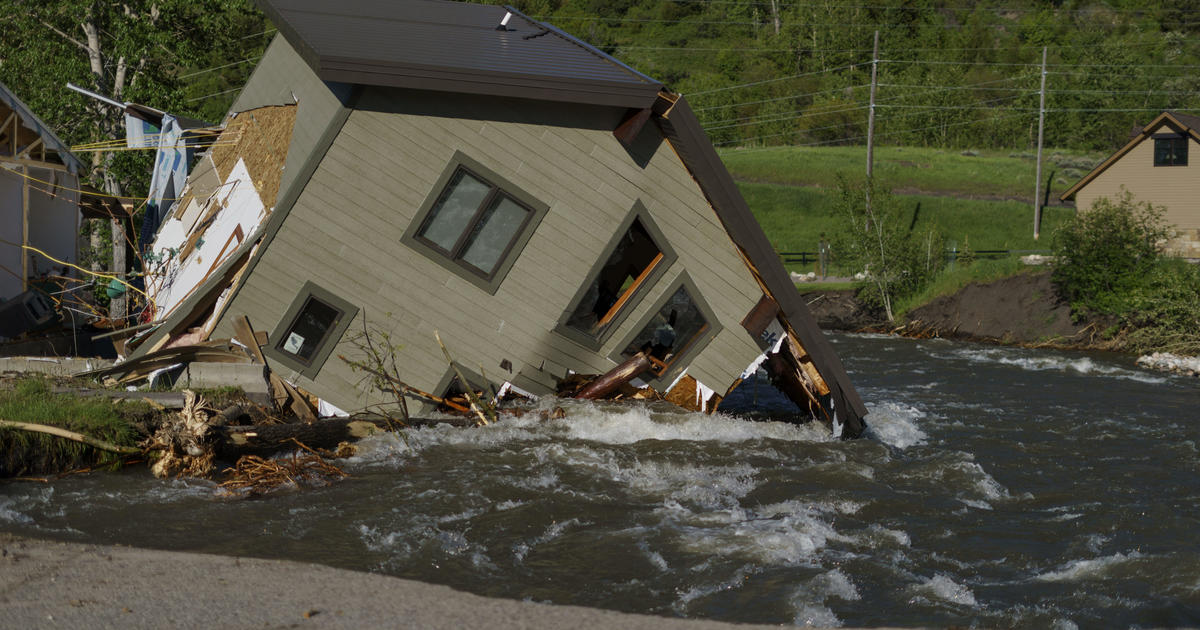Companies face growing pressure to disclose their climate change risks
How can you tell if climate change represents a big financial risk for a business or your investments? For now, Wall Street's top regulator doesn't offer much help. That's because there are no set rules for what companies must disclose to the Securities and Exchange Commission about their potential financial exposure to global warming.
As a step toward filling that void, the SEC this spring asked for feedback on what such requirements should entail. The regulator is how sifting through thousands of comments from companies, lobbyists, legal experts, banks, investors and others.
"The current state of climate change disclosure does not meet our needs," a group representing $2.7 trillion in assets led by the California State Teachers Retirement System (CalSTRS), various state funds, state treasurers and nonprofits wrote detailing their requests. They want, among other things, companies to disclose greenhouse gas emissions in a way that make it easy to compare businesses.
Many companies said they support the idea of an SEC rule on climate change disclosures, with one group led by Bank of America and Dell Technologies calling current reporting "complex and fragmented."
Other parties, like the lobbyist group Investment Company Institute (ICI), noted the SEC itself found the growth of Environmental, Social and Governance investing (ESG) has meant higher costs for companies, which must respond to individual investor questions about the impact of climate change on their business. A federal disclosure standard could help lower those costs.
What should companies disclose — and when?
Google-parent Alphabet, Amazon, eBay, Facebook, Intel and other companies said in a joint letter that, unlike with quarterly and annual financial statements, climate forecasts aren't as concrete or predictable as what goes into a spreadsheet.
"Given that climate disclosures rely on estimates and assumptions that involve inherent uncertainty, it is important not to subject companies to undue liability, including from private parties," they wrote.
Investors need details beyond carbon emissions, like how and where companies get their supplies, sources of water and energy they use, and even where buildings and offices are located, said Madison Condon, a Boston University law professor who also researches climate change and financial regulation.
"This is the type of information needed to assess climate risk exposure but is not the type of information currently disclosed in financial reports," she told the SEC in a letter on potential disclosure rules.
Also at issue is how often companies should disclose their climate risks. The National Association of Manufacturers, for instance, argues that climate disclosures should be annual "at most" to give companies the time to compile information in line with other regulatory requirements. It also argued that the SEC should take steps to limit liability for public companies.
The investor group led by CalSTRS is pushing for more frequent corporate disclosure of climate risks, including quarterly, annual and other regular financial filings.
Many companies already disclose some climate risks through company-issued reports and groups that compile such information. Some 80% of companies listed in the S&P 500-stock index disclose some carbon emissions, according to the Center for Climate and Energy Solutions.
Mounting pressure from investors
One nonprofit group that compiles climate information is CDP, previously known as the Carbon Disclosure Project. CDP pushes companies to disclose greenhouse gas emissions, water and forestry metrics to help explain how they plan to adjust to a warming planet and low-emission economy.
CDP's data and grading system is used by nearly 3,000 public companies worldwide, including 572 in the U.S., the company said in its comments to the the SEC. And more than 9,600 companies globally disclose some data through CDP, according to the group.
CDP, which has collected such data for two decades, grades companies from A to F based on what information they provide for its database, or if they provide information at all. The idea is to be able to compare information from different companies and evaluate their disclosure.
Through CDP, almost 170 banks, pension funds and money managers representing $17 trillion in assets are calling on businesses including Netflix, Wayfair and Chipotle to disclose their greenhouse gas emissions, water and forestry metrics to help explain how they plan to adjust to a warming planet.
Some of the companies that get a failing grade from CDP, like Netflix, do issue climate information. But because it's not in the standardized format that CDP asks for, it's hard for investors to parse.
"What investors find sometimes most frustrating is when they're trying to compare different reports from companies," Emily Kreps, CDP's global director of capital markets, told CBS MoneyWatch. "And they say, well, how do I compare this data point or this paragraph here with something that a similar company in their industry said over here? And where's that alignment and comparability? And how much do I need to interpret rather than just absorb?"
The SEC is expected to issue a draft rule by October, according to S&P Global.



